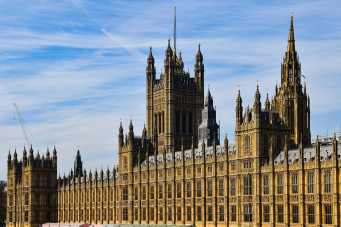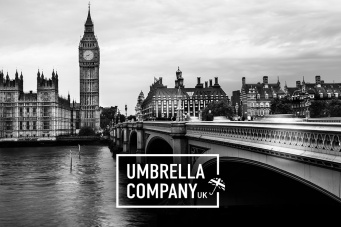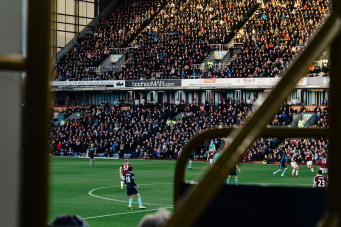
In The Frame – August ’16
Streaming / Online / Tech
While new research suggests that 4K OTT video will go mainstream in the next five years, the chief executive of Liberty Global, which owns Virgin Media, has said that Netflix is no longer a direct competitor or major threat to pay-TV companies and has lost its “cool factor”. Mike Fries, who is also ITV’s largest single shareholder, believes that “Netflix is now more of a programme provider, like an HBO or a Sky Movies, as opposed to a [direct competitor] like Sky. The cool factor [of their technology] is gone, and we are now matching it, meaning they have to invest in content to attract subscribers.”
And invest in content is exactly what Netflix is doing, the company unveiling four original documentaries at next month’s 2016 Toronto International Film Festival. The titles are Amanda Knox, which looks into the story of the American woman who spent almost several years in jail following the murder of Meredith Kercher before being acquitted; Into the Inferno, examining the relationship between humans and volcanoes; The Ivory Game, looking at the threat of extinction faced by African elephants; and The White Helmets, a short.
Elsewhere, Twitter is reportedly planning to put content on Apple TV, Buzzfeed is looking at moving into long-form after “hockey-stick growth” of its video content since its launch, bolstered by a global distribution strategy across social media, and the Walt Disney Company is acquiring a 33 per cent stake in leading video streaming firm BAMTech, as it looks to strengthen its online video sports offering beyond ESPN.
BBC News
After announcing that it would “modernise the current licence fee system” and close the so-called ‘iPlayer loophole’ as part of its White Paper on the future of the BBC, the government introduces a change to the law on September 1st, meaning users will be required to buy a TV licence to watch programmes on-demand. The loophole has cost the BBC about £150 million per year. The move is said to block around 4,000 hours of on-demand content, including around 2,600 hours from the past month and Olympic events that are not available via linear routes.
Since the closure of BBC3, the corporation has suffered an 18 per cent drop in youth viewing, with commercial rivals such as ITV2 and E4 benefitting after the channel was moved online-only, research suggests. Meanwhile, the founder of Vice Media, Shane Smith, has said that “I wouldn’t have closed” the channel. Asked in a session at the Edinburgh TV Festival what he would do in his first 100 days if he ran the BBC, Smith said: “reopen BBC3 on TV”.
And finally…
- This year’s IBC takes place next month with a dedicated IP zone. Fifty-five thousand attendees from more than 170 countries are expected at the Amsterdam expo between September 8th and 13th.
- Channel4 is to cancel its long-running game show, Deal or No Deal, after broadcasting almost 3,000 episodes, while also reintroducing cult game show The Crystal Maze after a 21-year absence as part of charity special Stand Up to Cancer.
- A+E Networks has announced plans to launch a new free-to-air entertainment channel, Blaze, in the UK this autumn, while British Pathe launches an online on-demand channel.
- The BBC is to broadcast a documentary looking at the career of Boy George and Sacha Baron Cohen has been shortlisted for a Saturday Night Live-style BBC2 format
- BECTU members have backed the planned merger with Prospect, the union for public and private sector professionals, by posting an overwhelming vote in favour. The ballot closed today 30 August 2016 with 83.4% of members voting in favour and 16.6% against.
From the latest news to the latest positions – click here to see Frame 25’s most recent additions to its list of available TV jobs

How the Employment Rights Act 2025 Is Reshaping the Freelance Market

Umbrella Company Reforms - An Overview
